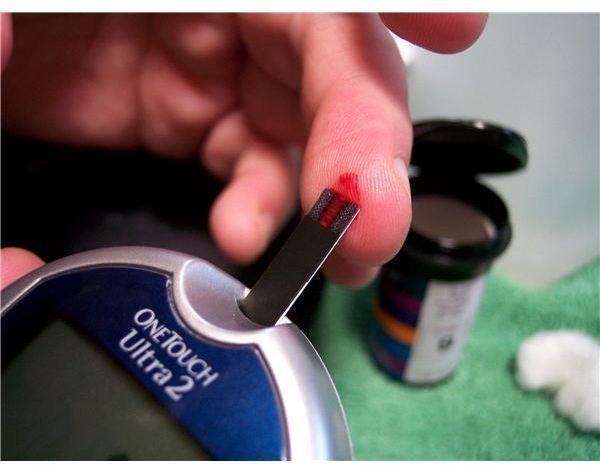Preventing Morning Hyperglycemia at Breakfast
An Overview of the Dawn Phenomenon
People suffering from morning hyperglycemia generally have high blood glucose levels from 4 am to 6 am. This happens because the body secretes certain hormones in the night such as glucagon, cortisol and the growth hormone. These hormones prevent insulin from working on your blood sugar and they’re secreted by the body in an attempt to help you carry out your routine activities in the morning, after your long period of fasting. However, people who are not suffering from diabetes don’t experience morning hyperglycemia because their bodies counteract the increase in blood sugar since the pancreas secretes sufficient amounts of insulin. People suffering from diabetes develop morning hyperglycemia because their bodies can’t handle the increase in blood glucose levels at night. If this morning hyperglycemia is not associated with the dawn phenomenon, it may arise due to rebound hyperglycemia.
Rebound hyperglycemia generally occurs because the body tries to counteract low blood glucose levels that are seen at night. It’s important to find out what’s the true cause of your morning hyperglycemia so that you can take a few precautions to prevent it from happening on a daily basis.
Dealing with Morning Hyperglycemia
It’s important that you speak to your doctor as soon as you notice the signs of morning hyperglycemia. The doctor may ask you to check your blood sugar levels early in the morning (by around 3 or 3:30am) to determine the cause of your hyperglycemia. Depending on the results of this test, the doctor may either ask you to alter your dose of insulin, your diet or your exercise regime.
Preventing Morning Hyperglycemia
Although there are a few things you could try out to prevent morning hyperglycemia from affecting you, you must consult your doctor to find out what’s best for your body. Your doctor may ask you to take your dose of long acting insulin a little later in the evening so that it still has an effect on your body, when your hormones are released at night. If that doesn’t help you may have to try using another type of insulin or taking an additional dose to counteract elevated blood sugar levels.
Some doctors may ask patients to use an insulin pump. These pumps are effective as they can give you the right amount of insulin you require to control high blood sugars levels in the morning.
Other Ways to Prevent Hyperglycemia
You could make a few changes to your diet to prevent high blood glucose at breakfast. Make sure you eat your meals on time everyday and consider eating proteins and foods that contain moderate amounts of fats in the evening. Avoid consuming foods that are high in carbohydrates before you go to bed. Instead of working out in the morning, try to exercise in the evening to find out if it makes a difference to your blood glucose levels. Always make sure you take your medications on time so that your blood sugar level doesn’t fluctuate too often.
These are only a few ways to control morning hyperglycemia at breakfast. You must ensure that you inform your doctor about this condition so that your insulin and medications can be adjusted as per your individual requirements.
References:
Image Credit:cohdra/morgueFile
